Stomach pains, vomiting, diarrhea are just a few of the side effects of food poisoning. Along with these symptoms, you also suffer from being nauseous just from the thought of food. It is important, however, keep yourself hydrated and eat to keep up your strength. Then what to eat after food poisoning that won't have you feeling even more ill is a common question. Read on to learn more.
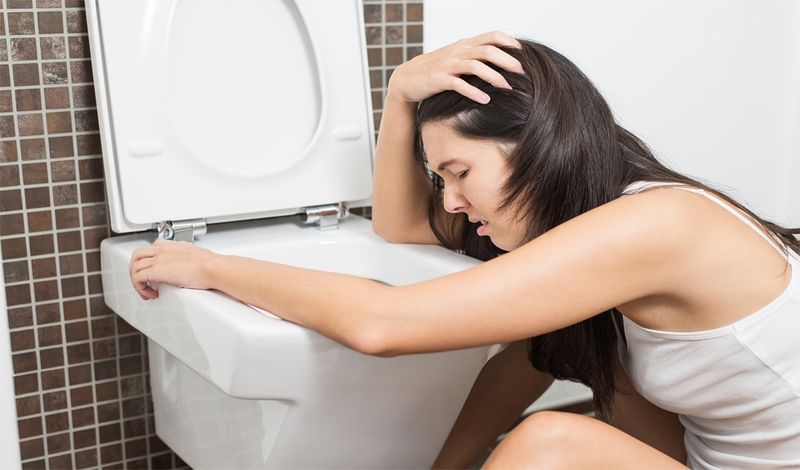
What Should You Eat After Food Poisoning?
Fluids
When you suffer from food poisoning, you are at a greater risk of becoming dehydrated since the body releases most of its fluids from vomiting or diarrhea. So it is vital that you replace the fluids you lose when you have food poisoning. You want to avoid any foods or beverages that can make you more dehydrated like caffeine and dairy products, which can even cause irritation to the stomach lining and make diarrhea worse. If your vomiting is too severe, you can choose to suck on ice chips until you can drink other fluids. Once you can resume drinking fluids, you want to choose clear fluids like water, apple juice, and electrolyte beverages. It can also beneficial to drink barley water or rice water that can reduce inflammation in the stomach and intestines.
BRAT Diet
Bananas, rice, applesauce, and toast are the foods that make up the BRAT diet. These foods provide the body with key nutrients necessary to nourish the body while suffering from food poisoning.
Bananas - Bananas are rich in potassium and sodium which the body needs to help stay hydrated. Keeping the body hydrated, as mentioned above, is vital when you suffer from food poisoning.
Rice - White rice is ideal for those who have food poisoning. While you may be thinking brown rice or whole wheat
pastas area healthier option, these foods Applesauce - What to eat after food poisoning should include applesauce as opposed to whole apples. Applesauce tends to have less fiber than whole apples but still contains a number of beneficial vitamins and nutrients your body will need when you suffer from food poisoning.
Toast - You want to consume simple foods that your body will be able to keep down and digest. Saltine crackers and white toast are easy on the stomach and won't cause more irritations when you have food poisoning.
Supplements
Food poisoning can deplete the good bacteria in the intestines, so it is important to take probiotics to replenish these bacteria. This is especially important when you are traveling to an area that may have contaminated water. Taking a probiotic can reduce your risk of illness later on.
And it's believed that one of the most common home remedies to keep the good bacteria in full supply in the intestines is to mix two teaspoons of apple cider vinegar with warm water and drink this combination a few times a day.
Herbs
Herbs can be a help to relieve some symptoms of food poisoning but shouldn't be taken as the only treatment. Some herbs to consider include:
Milk Thistle - Milk thistle, also referred to as S
ilybum Marianum, is often used to help treat food poisoning from Amanita mushrooms. Milk thistle contains silibinin which hasbeen shown effective against Amanita mushroom ingestion. It is also commonly used to help treat other disorders revolving around liver functioning.Japanese or Chinese herbs - A wide range of Chinese and Japanese herbs such as peony root, ginger root, Chinese cinnamon bark, Asian ginseng and skullcap root have
been to be effective against some food poisoning symptoms and are some of the herbs you want totested include when considering what to eat after food poisoning.
What to Avoid After Food Poisoning
Foods high in fiber
While fiber is an important component in a healthy diet, it can hard for the digestive tract to break down when you have food poisoning. You should wait to introduce some fruits, whole grains, legumes, and nuts to your diet until your digestive tract has had some time to recover from food poisoning.
Fruit juices
Most fruit juices contain high amounts of sorbitol,
Spicy or fatty foods
If you don't give yourself enough time to recover from foods poisoning before eating spicy or fatty foods, you can cause more intestinal issues. These foods can also worsen your diarrhea symptoms or cause them to come back.
Dairy products
Even after you have gotten over the worse symptoms of food poisoning, you may still suffer from bloating and indigestion issues for a while. Most dairy products can be harmful to consume too soon after you have food poisoning because of the bad bacteria in your system. You also have put yourself at a greater risk of becoming lactose intolerant. The only dairy that is considered safe as what to eat after food poisoning is yogurt because it contains less lactose than other dairy products.
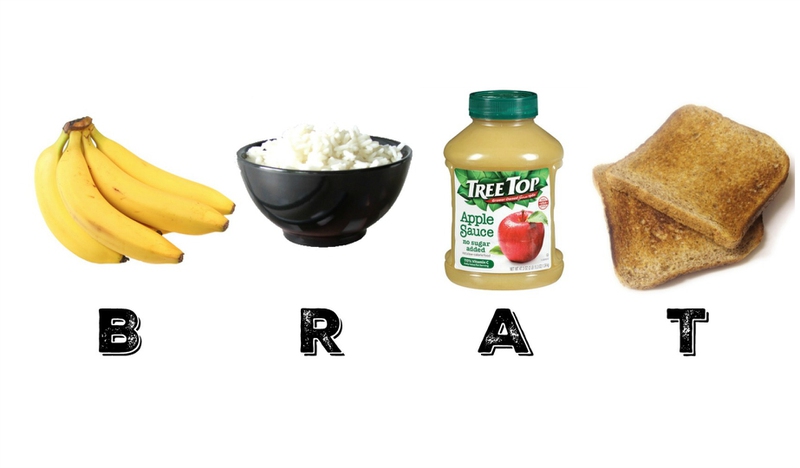
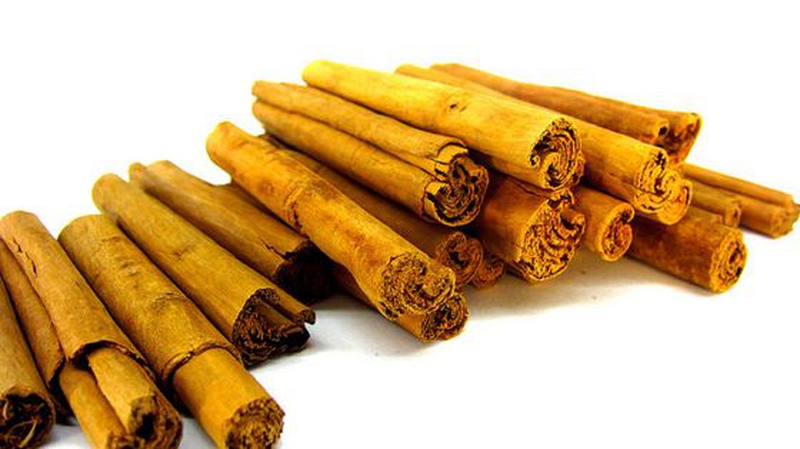
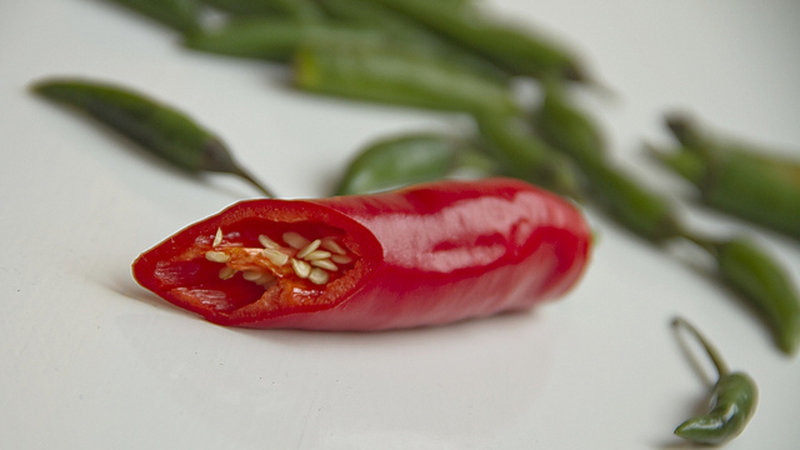
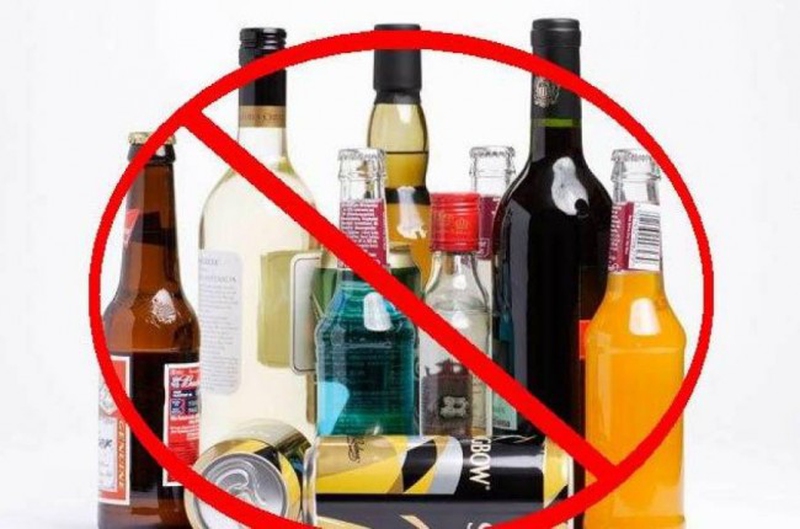
View All Comments /Add Comment